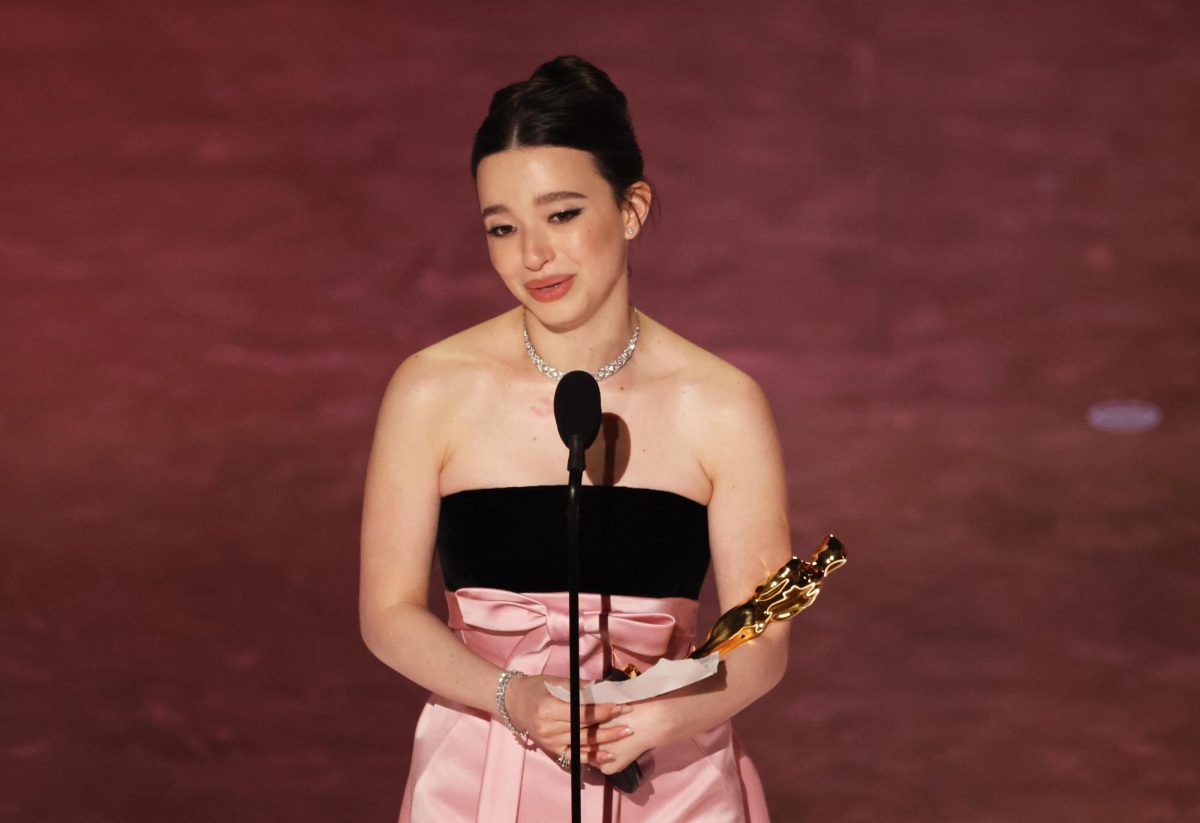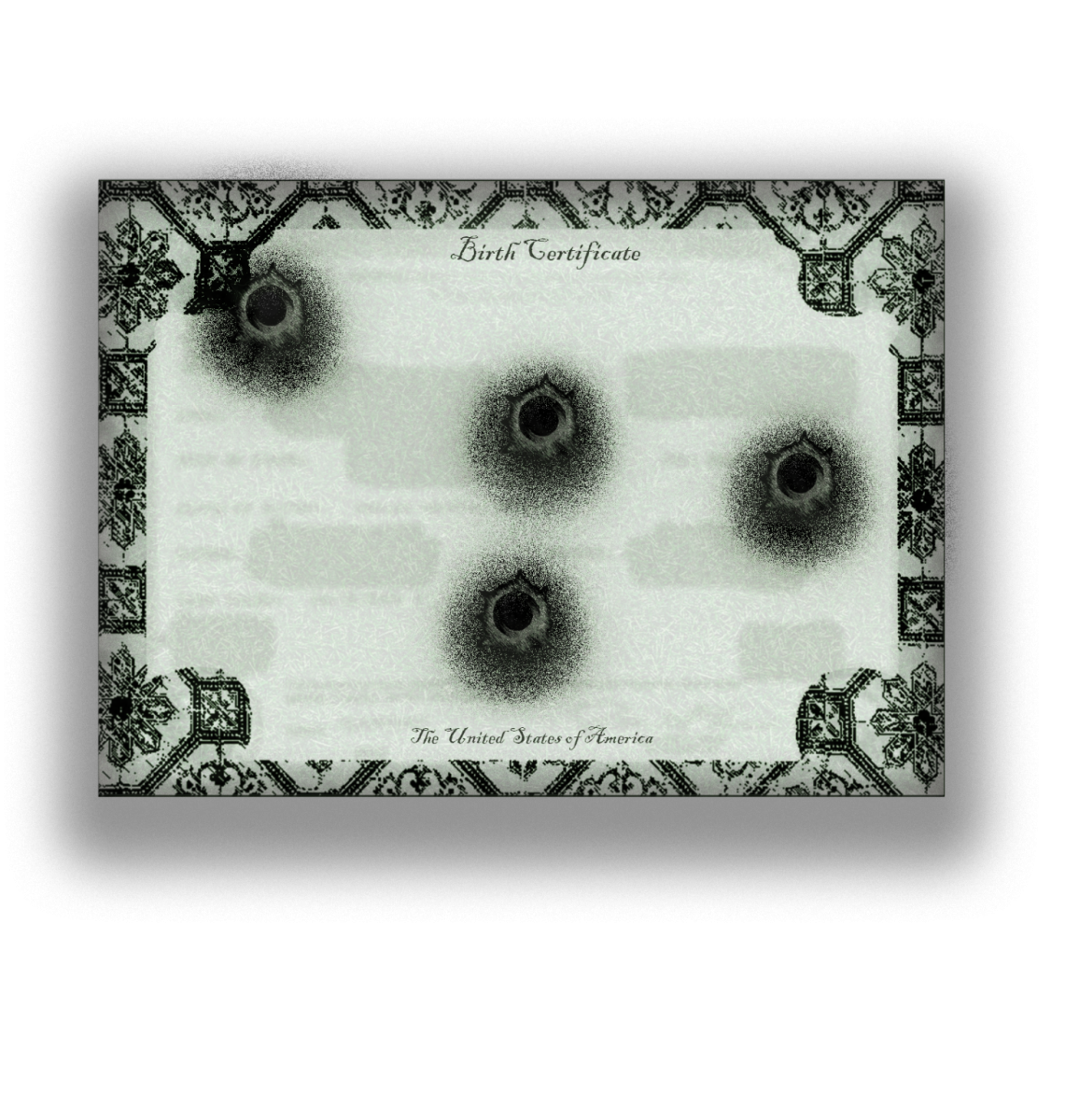Ever since there’s been art, there have been critics. And ever since there have been critics, there have been artists hating on said critics.
But in our culture of distraction and escapism, true criticism has begun to disappear. In its place, attitudes of anti-intellectualism perpetuate mindless consumption and cause general disdain for any sort of reflective thought.
Ironically, one of the most popular forms of content is reviews, which are supposed to be the hallmark of criticism. Whether it’s books on Goodreads, movies on Letterboxd or commentary on YouTube, social media has paved the way for anyone to become a reviewer. So whenever a certain film, song, book or hot topic begins to gain traction, swarms of influencers flock to capitalize on this attention — crowding out serious critics in the process.
Think about the sheer amount of information available online: Just to stay updated — to stay relevant — we need to maximize our media consumption. There’s so much content that you’re only able to skim over the basic premise before you scroll on to something else. You’re forced to sort things into a binary just to quickly make sense of everything; all actions are good or bad, all opinions are right or wrong.
Social media platforms’ instantaneous and overwhelming structure completely discourages nuance. Worse, these platforms aren’t friendly to responses or discourse. You can only talk to one person at a time in real life, so what are you supposed to do when hundreds of people stitch 10 seconds of your commentary and thousands more blow up your comment section?
We no longer feel responsible for educating ourselves further from the shallow overview of a 30-second Reel or TikTok. We’ve been conditioned into stagnation, to feel contempt for those who choose to dig further.
But this is only scratching the surface, as the rise of anti-intellectualism can be seen everywhere online.
BookTok, a subcommunity of TikTok known for making the label of being a reader more important than actually reading, has also led to the trope-ification of literature: Books are reduced to cliche tropes for easily consumable entertainment rather than critical thought. This soulless genre fiction is just popcorn media — easily consumed, easily forgotten.
The phenomenon of “girlsplaining,” which arose in direct opposition to mansplaining, consists of a girl explaining difficult concepts to other girls through frivolous images and oversimplified metaphors because our small woman brains can’t handle it. Need a TLDR on BRICS vs. the U.S. dollar? No problem! It’s literally the plot of “Mean Girls.”
Likewise, “girl math,” “I’m just a girl” and the whole bimbo feminism trend — aside from being extremely reductive and reinforcing harmful stereotypes — are all silly little ways of explaining away criticism or ignoring valid issues: same rhetoric, different performance.
But you can’t “I’m just a girl” your way out of everything; you pay taxes, you vote. You’re not empowering women or healing your inner child — you’re regressing into ignorance.
Above all, there’s been an explosion in language that directly serves to dismiss all forms of criticism.
“Maybe the curtains are just blue.”
Everyone’s been in that English class. Exhausted from going through symbolism over and over again, you pray for an escape from a teacher endlessly trying to derive meaning from meaningless things. While this phrase was meant to criticize overanalysis, the over-generalization that all analysis is tedious contributes to a broader dismissive attitude toward critique.
“Just let people enjoy things.”
A direct response to opposing views, it really means you don’t want to think about what you’re taking in. You know that what you’re consuming is bad and has points worthy of criticism, but you’re choosing to ignore it. And if we’re supposed to adopt this optimistic, feel-good attitude toward all media, if we’re only allowed to be blissfully joyous about culture, then none of it actually counts.
We need to pay attention to the negative to recognize the positive. Why should an opposing opinion make you feel bad? This active dismissal is only a reflection of one’s own insecurity.
“It’s not that deep.”
If we fail to voice our criticisms, whose ideas will be left?
Those belonging to spiteful rage-baiters looking to fuel the algorithm? Those of seemingly harmless, mind-numbing influencers? Or perhaps those of powerful elites, aiming to control what everyone is conditioned to think about so they can profit off of our need to endlessly indulge? Oh, don’t pay attention to how everything you consume is only slightly different and equally empty. Just keep letting the monopolistic media conglomerates cater to our simplest desires and most superficial political awareness.
If we fail to be critical, we justify the authority of harmful, manipulative opinions. If we let these ideas run rampant without opposition, they will effectively control what everyone is equipped to think about. Do we really want public opinion to be a manufactured product of complacency?
Intellectualism isn’t elitism, thinking “Pride and Prejudice” is superior to “It Ends With Us.” It’s bringing a discerning attitude to any piece of media, regardless of whether it’s classic literature or brainrot. It isn’t what you consume but how you consume it.
Thinking critically can be as simple as reflecting on what a work is trying to say. Just like you don’t need 60 assorted highlighters and fancy book tabs to critically analyze a book, neither do you need a microphone and fancy LED ring light to break down the latest Bong Joon Ho film: All you need is your mind.
It’s not enough to just consume information, we have to judge and evaluate it within the existing contexts of our worldviews. Understanding takes effort, and that’s okay. Critique is the greatest form of adoration; never shy away from exploring all the intricacies of a work. So, yeah. Be a hater — and don’t let nuance die.
Isabella Garcia is an economics junior and associate opinion editor for The Battalion.











Jeffrey Cheung • Mar 27, 2025 at 12:36 am
FIRST